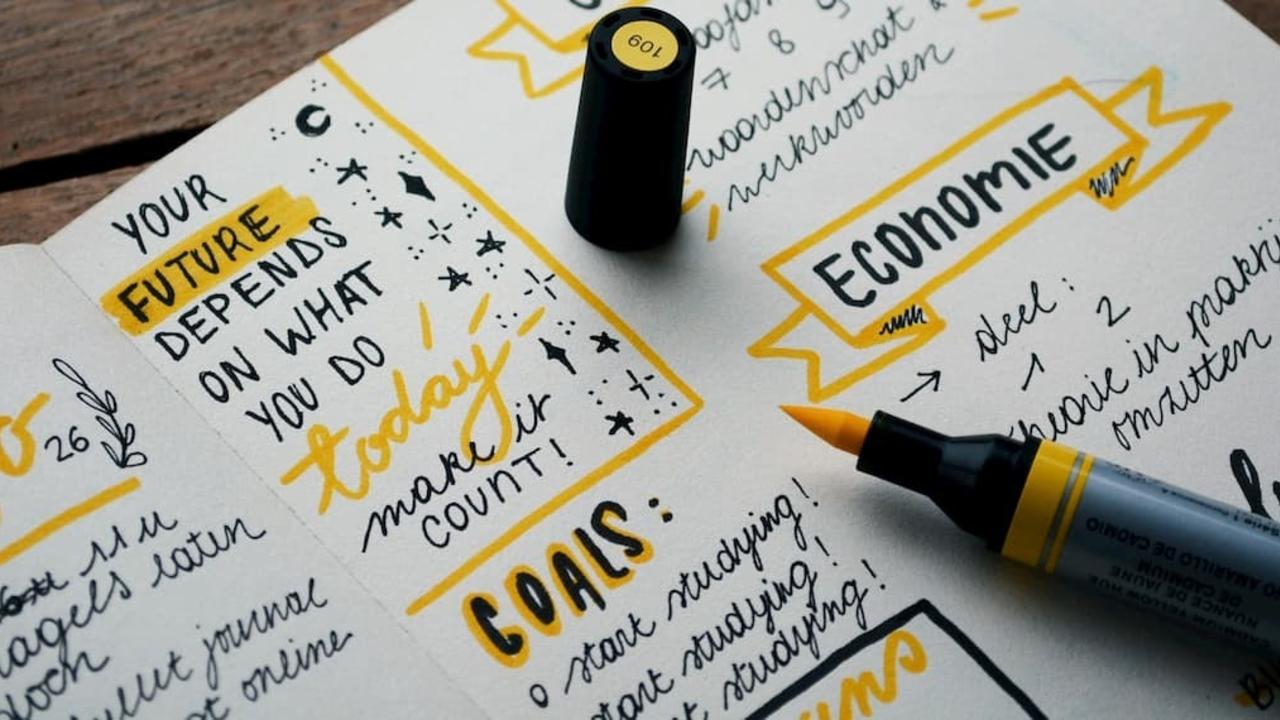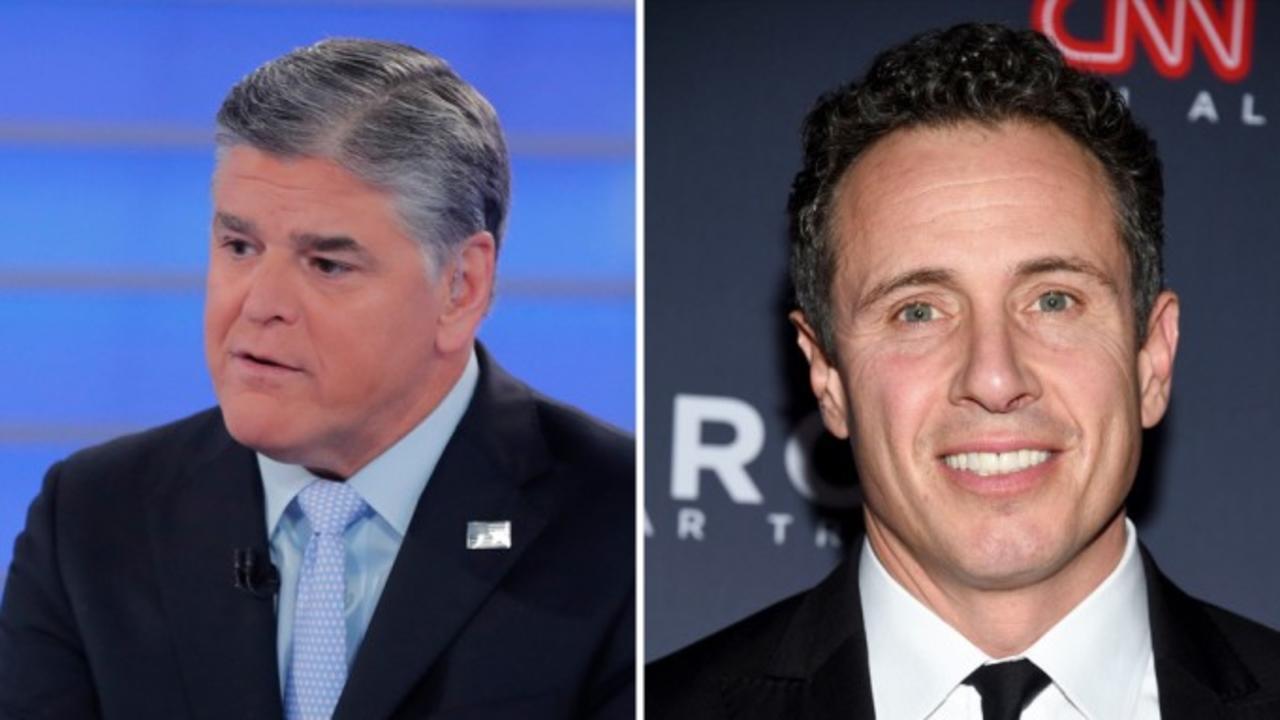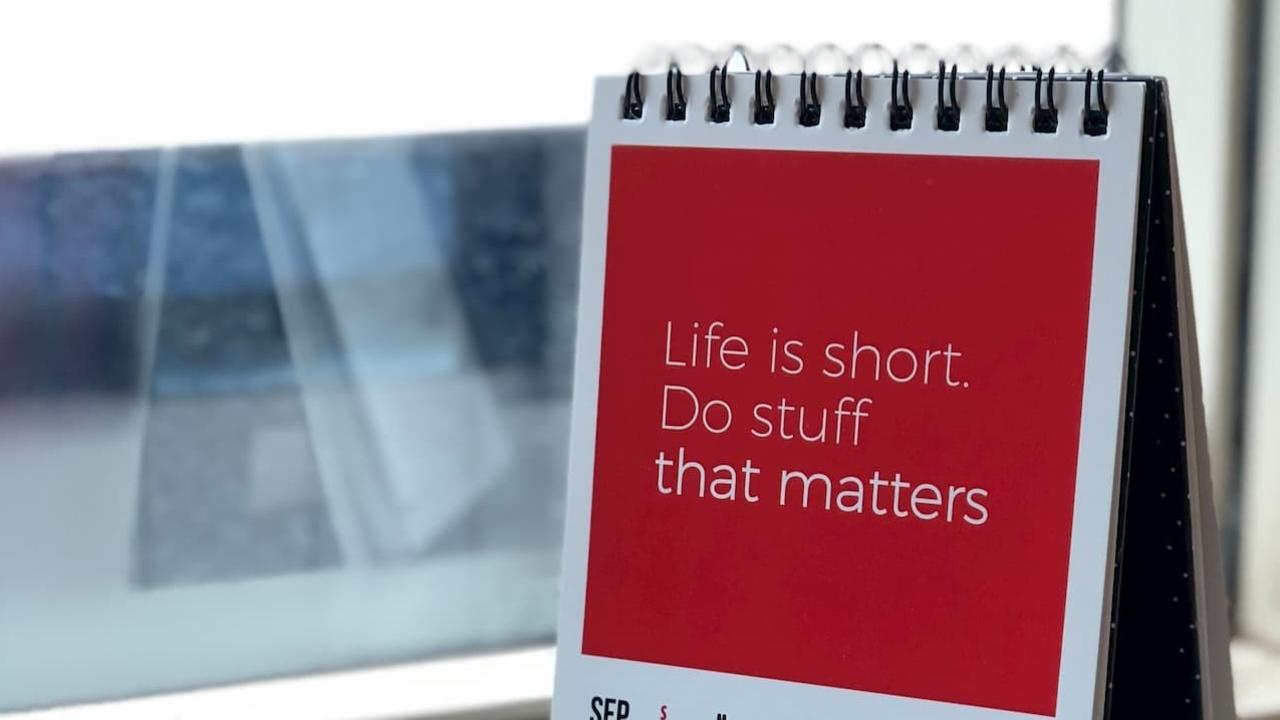Leadership Blog: Self-Leadership Insights & Modern Leadership Strategies
| Andrew Bryant
Welcome to the Self-Leadership Blog, your trusted resource for practical leadership insights, executive coaching strategies, and self-leadership development. As a bestselling author and global leadership authority, I share evidence-based approaches to help leaders thrive in the era of AI.
This leadership blog explores the intersection of human potential and modern workplace challenges. From self-leadership fundamentals to executive presence, emotional intelligence, and organizational transformation, you'll find actionable strategies that bridge timeless leadership principles with contemporary business realities.
Whether you're an HR leader seeking executive presence, a CEO building high-performing teams, or an emerging leader developing self-awareness, these self-leadership blog posts offer frameworks, case studies, and practical tools to elevate your leadership impact.
Also, check out the Self-leadership to Potenial-ize Podcast >>
About this Leadership Blog
Since 1999, Andrew Bryant has been helping executives and organizations unlock human potential through self-leadership. This self-leadership blog distills 25+ years of global speaking experience, executive coaching insights, and research-backed strategies. Featured topics include:
- Self-leadership methodology and frameworks
- Executive presence and influence
- Leadership in the AI era
- Team dynamics and organizational transformation
- Stoicism and practical philosophy for leaders
Cited in over 140 research papers, Andrew's self-leadership approach combines practical wisdom with academic rigor.













